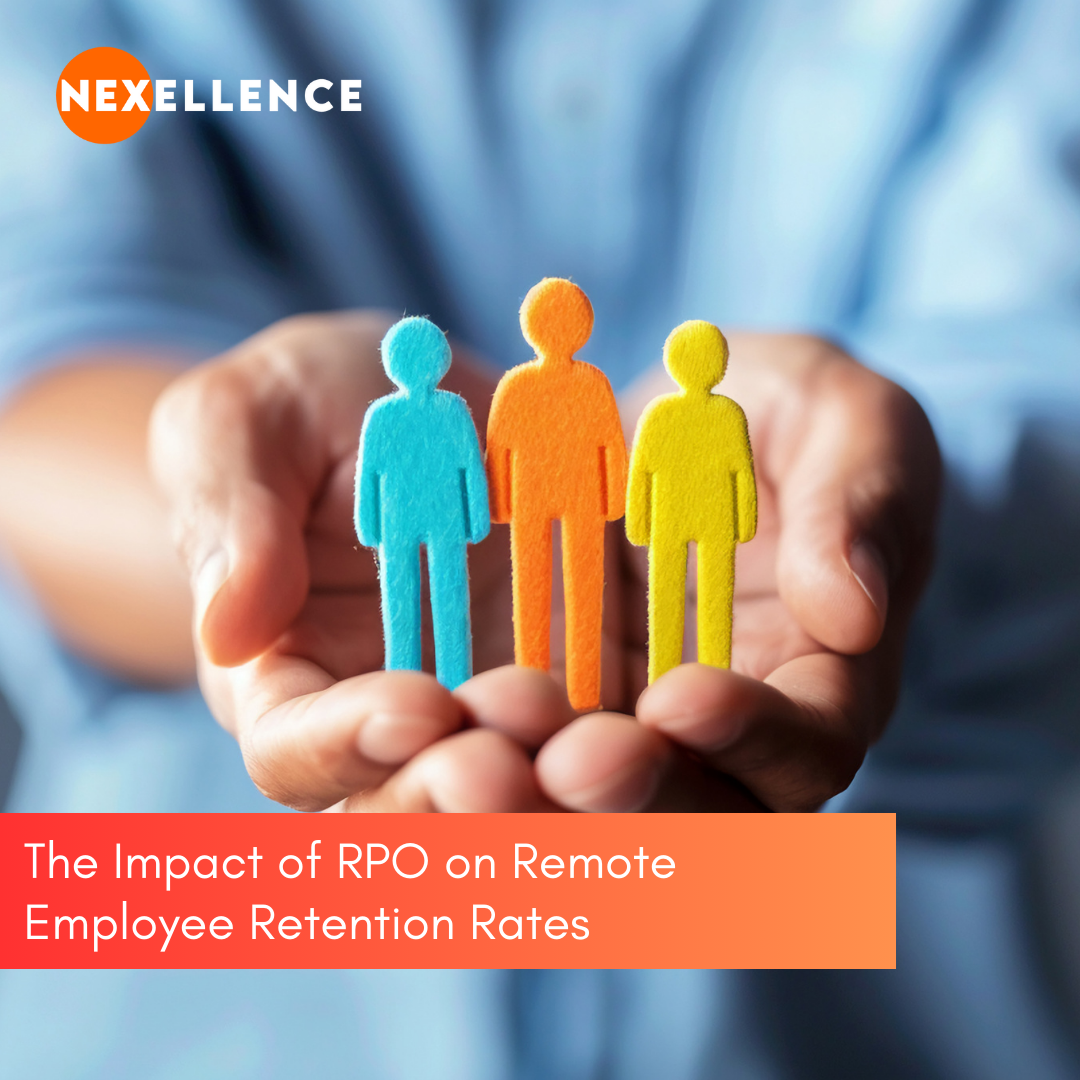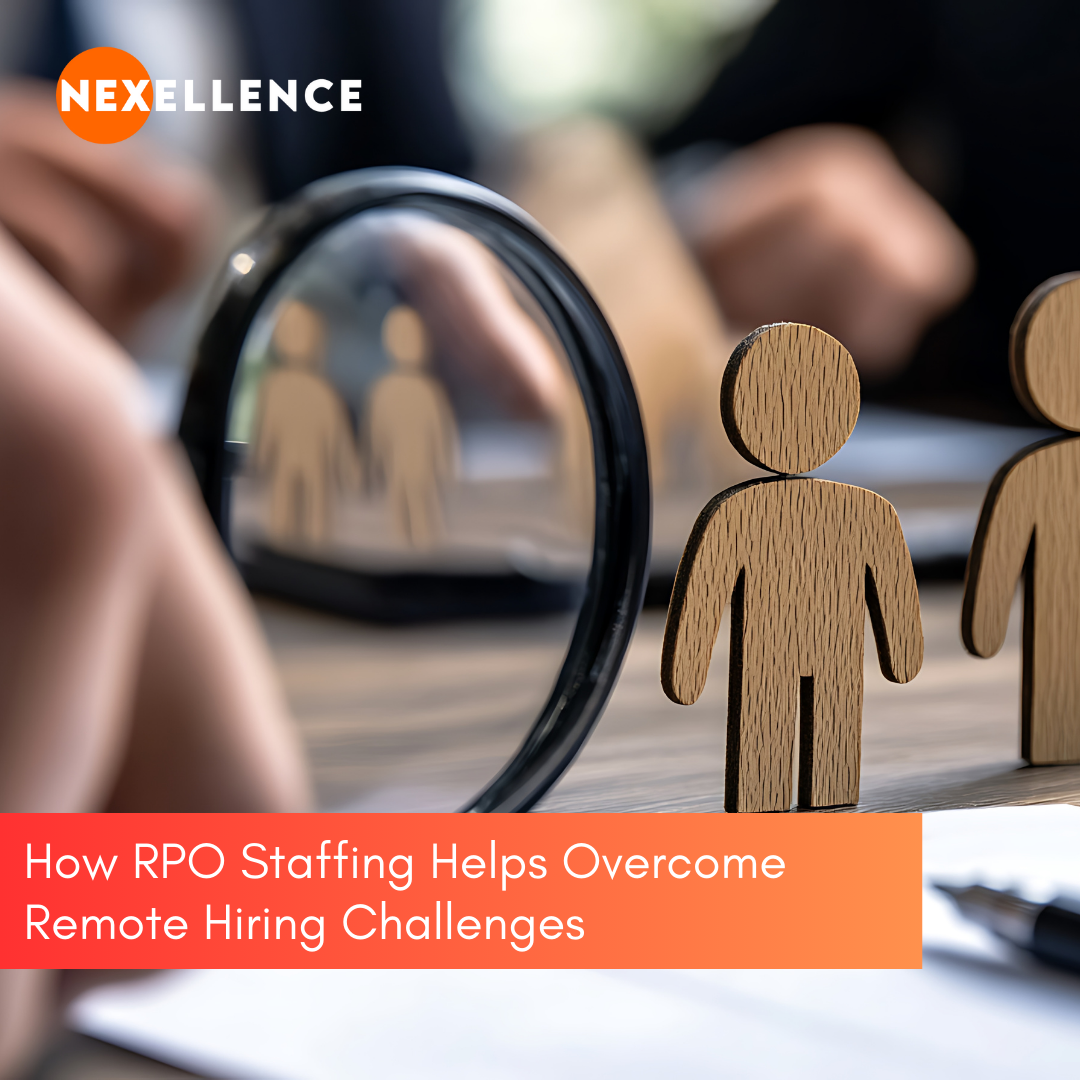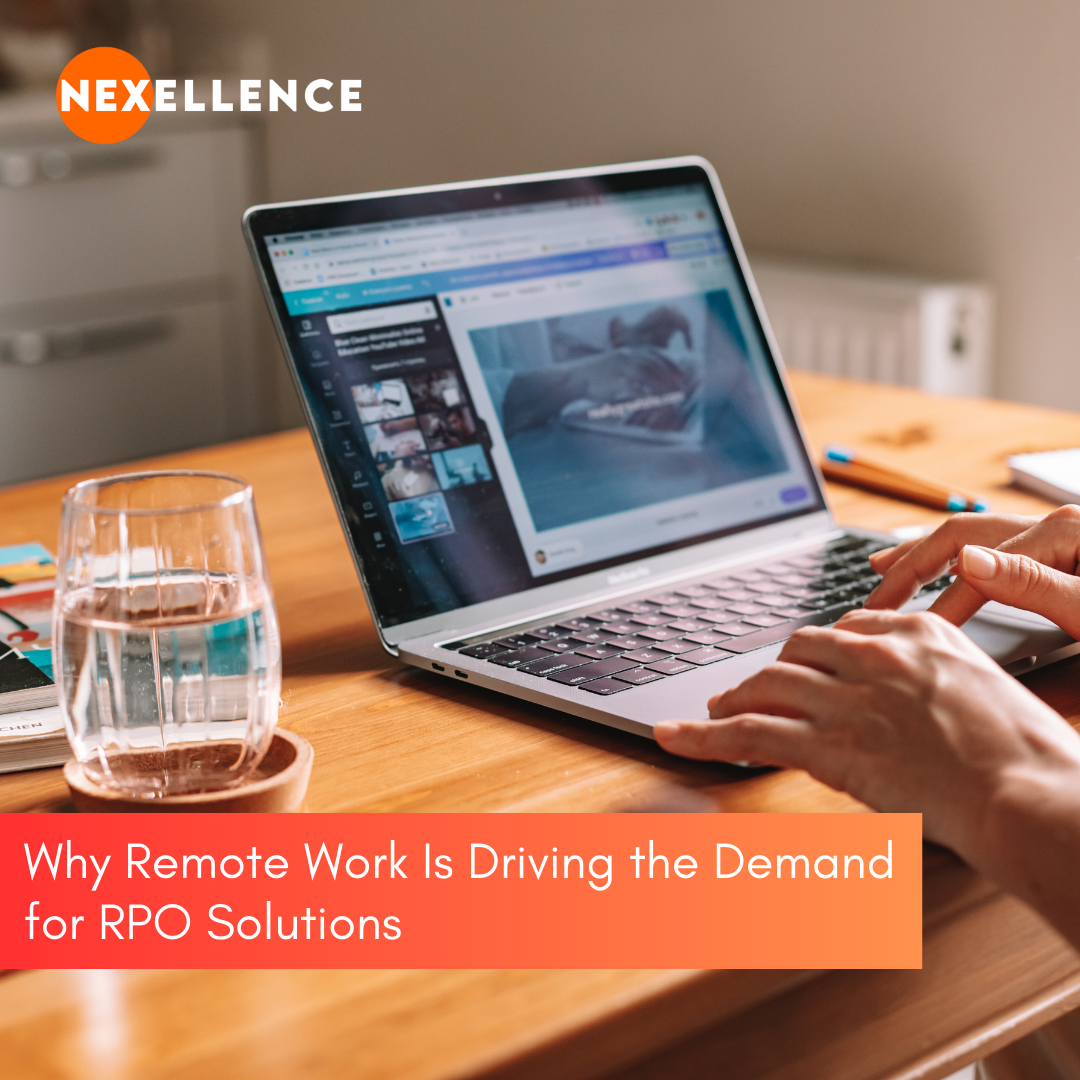When to Consider RPO
Organizations may consider RPO when they face challenges such as:
- High turnover rates
- Difficulty attracting qualified candidates
- A need to streamline hiring processes
- Rapid company growth or expansion into new markets
What is RPO?
RPO involves the external provider taking over recruitment tasks, which may include:
Sourcing Candidates: Identifying potential candidates through various channels, such as job boards, social media, and networking events.
Screening and Interviewing: Evaluating candidates through initial screenings, interviews, and assessments to ensure they meet the organization’s requirements.
Onboarding: Facilitating the integration of new hires into the company culture and processes.
Technology Integration: Utilizing advanced recruitment technologies and tools to streamline the hiring process.
Benefits of RPO
Cost Efficiency: Outsourcing recruitment can lead to significant cost savings by eliminating the need for in-house recruitment staff and associated overhead costs.
Access to Expertise: RPO providers bring specialized knowledge and experience in recruitment, ensuring compliance with legal and industry standards.
Scalability: RPO services can be scaled up or down based on the organization’s hiring needs, making it flexible for companies experiencing growth or seasonal fluctuations.
Enhanced Candidate Experience: Professional recruiters are trained to engage with candidates effectively, improving the overall hiring experience and employer brand.
Data-Driven Decisions: RPO providers often use analytics to track recruitment metrics, allowing organizations to make informed decisions and improve their hiring strategies.





